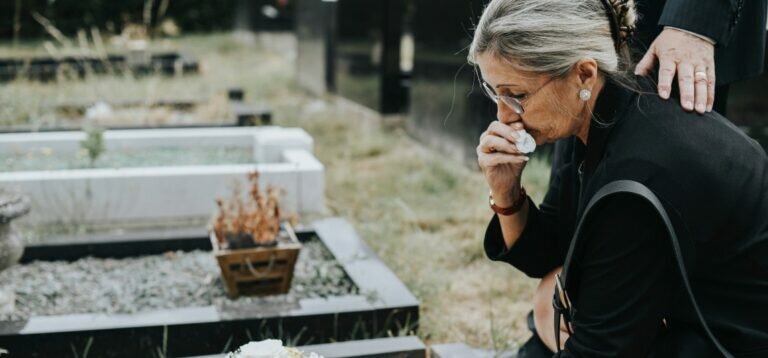Different Types of Funeral Services Depends on Different Culture, Traditions and Beliefs
The death of a loved one is a difficult and emotional experience that can be challenging to navigate. For those who practice Buddhism, the loss of a loved one is viewed as a natural part of life, and Buddhist funeral services offer a way to honour the deceased and provide comfort and support to the bereaved. These services are rooted in the principles of karma, compassion, and mindfulness, and emphasize the continuation of the cycle of birth and rebirth.
In this article, we will explore the key aspects of Buddhist funeral services, including the rituals and practices that are involved, as well as the cultural and spiritual significance of these services. Through this lens, we hope to provide insight into the unique and meaningful ways that Buddhists approach death and grieving. This link https://www.thelifecelebrant.sg/buddhist-funeral-services.html will help you further understand their culture and beliefs.
Types of Buddhist Funeral Services
There are several different types of Buddhist funeral services, each with its unique customs and practices. The type of service that is held will depend on a variety of factors, including the deceased’s spiritual beliefs, cultural traditions, and personal preferences.
• Theravada Buddhist Funeral: This type of funeral service is practised in Southeast Asian countries like Thailand, Sri Lanka, and Cambodia. It is typically a simple and solemn ceremony, with the main focus on chanting, offering alms to the monks, and performing meritorious deeds in honour of the deceased.
• Mahayana Buddhist Funeral: Mahayana Buddhist funerals are practised in East Asian countries like China, Japan, and Korea. These services are typically more elaborate, with a greater emphasis on rituals and offerings. This may include the burning of incense, the lighting of candles, and the use of symbolic objects like statues and flowers.
• Tibetan Buddhist Funeral: Tibetan Buddhist funerals are often referred to as sky burials, which involve placing the body of the deceased on a mountaintop to be consumed by vultures. This practice is based on the belief that the soul has already left the body, and that the physical remains are simply a vessel. Tibetan Buddhist funerals may also include chanting and prayers, as well as the use of ritual objects like prayer wheels and prayer flags.
• Nichiren Buddhist Funeral: This type of funeral service is practised by followers of the Nichiren school of BuddhSchoolhich emphasizes the importance of chanting the Lotus Sutra. Nichiren Buddhist funerals typically involve chanting, offerings, and a eulogy.
Regardless of the type of service that is held, Buddhist funeral services share a common focus on honouring the deceased and providing comfort and support to the bereaved. These services are a way to express gratitude and love for the person who has passed away, while also acknowledging the impermanence of life and the importance of living in the present moment.
Conclusion
Buddhist funeral services are a unique and meaningful way to honour the life of a loved one who has passed away. These services are based on the principles of karma, compassion, and mindfulness, and offer a way to express gratitude and love for the deceased while also providing comfort and support to the bereaved.
Whether it is a simple Theravada Buddhist funeral or an elaborate Mahayana Buddhist funeral, the focus is on helping the deceased transition peacefully into the next life and offering support and compassion to those who are grieving. Through chanting, prayers, and offerings, these services provide a space for reflection, contemplation, and healing, and offer a way to connect with the spiritual and cultural traditions of Buddhism.







